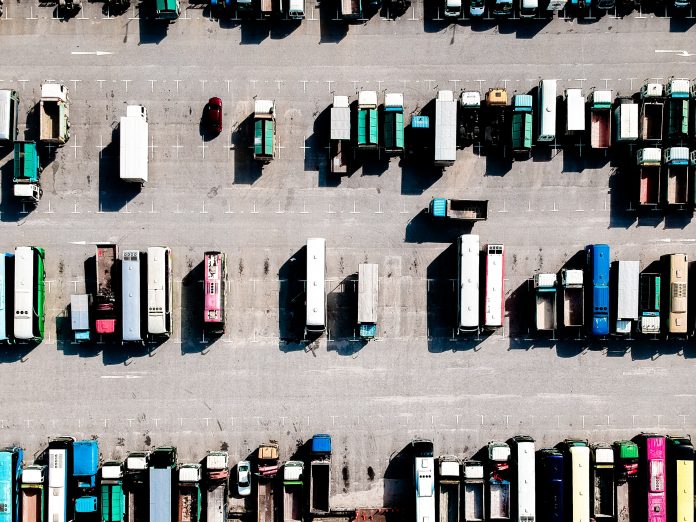Three large groups of truckers, covered vans, and prime movers, which carry cargoes and containers to and from Chittagong across Bangladesh, have called strike later this month to press home their various demands.
Bangladesh Covered Van-Truck-Prime Movers Goods Transportation Owners Association and Bangladesh Truck Drivers Workers Federation called a 72-hour long strike from 21 September demanding to meet their 15 points demands.
Additionally, Bangladesh Truck Covered Van Tank Lorry Prime Mover Owner-Worker Coordination Parishad has called the strike from 27 September on their 10 points demands.
These organisations have been observing various programmes country-wide for the last few weeks which include formation of human chain and rally in front of the national press club in the capital.
Parishad Convener Rustam Ali Khan at the rally said they will observe the work abstention unless the demands are met before 27 September.
The demands include, among others, removal of complications in providing license, implementation of effective measures to stop theft while transporting goods, stoppage of harassment by police and extortion in the name of checking goods, revocation of increased income tax, set up of truck terminals with modern facilities in highways and every districts.
Among the 15-points demands of other groups, which called strike from 21 September, are the creation of a good working environment, the introduction of necessary amendments in the Road Transport Act -2018 and withdrawal of increased income tax on vehicles owners.
Traders feared severe chaos if the truckers go for the strike as the movement of all kinds of cargoes and boxes will be stopped collapsing the supply chain.
In Bangladesh, a significant portion of the domestic cargoes and majority of the export-import cargoes are carried by trucks, covered vans, and prime movers.
Usually, in a 24 hours period, around 8,000TEU go out from the Chittagong port, and a similar volume of boxes the port receives, while approximately 4,000 trucks enter the port to transport cargoes and containers every day. The strike is feared to halt all these movements.
“Any transport strike will come as a big blow to us as factories and businesses are now opened after pandemic-linked long disruptions,” said Ashraf Ali, a Dhaka-based trader.
He believes the government should sit with the truck workers and owners to resolve the impasse for the sake of trade and commerce.
Abul Kalam Azad, a Narayanganj-based apparel factory owner, noted buyers have placed huge work orders as the pandemic situation eased worldwide.
“Factories are under severe pressure in preparing goods and making shipment in time. Any disruption at this moment will hold back economic recovery,” he commented and demanded the withdrawal of the planned strikes by a discussion with the government.
Sharar Nayel
Bangladesh Correspondent







